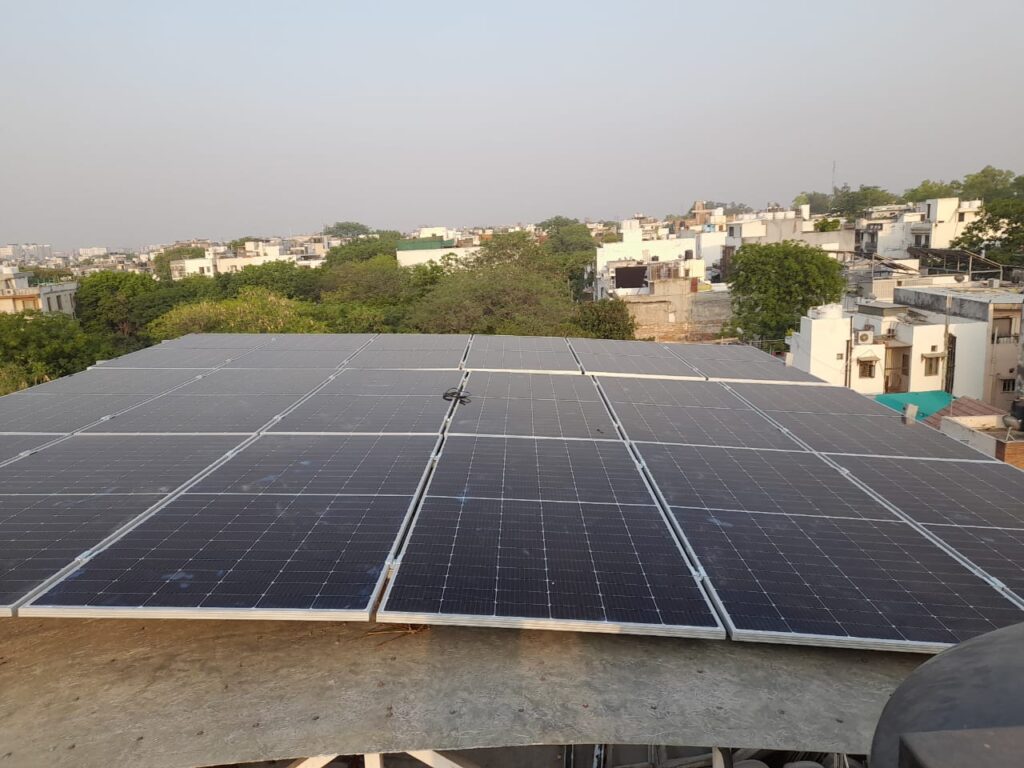"Unlocking Solar Power: The Key Role of Solar Panel Modules Explained"
Introduction
Solar energy has emerged as a sustainable and environmentally friendly alternative to traditional fossil fuels. At the core of solar energy systems are solar panels, which consist of photovoltaic cells that convert sunlight into electricity. However, within the realm of solar panels lies a critical component known as solar panel modules.
Understanding Solar Panel Modules
What Are Solar Panel Modules?
They also known as solar arrays, refer to the interconnected assembly of individual solar panels. These modules are designed to capture sunlight and convert it into usable electricity through the photovoltaic effect. Each module comprises multiple solar panels, typically encapsulated in tempered glass and framed for durability and protection against the elements.
How Do Solar Panel Modules Work?
- They function by harnessing the energy from sunlight and converting it into direct current (DC) electricity. This process occurs within the solar panels themselves, where photovoltaic cells, made of semiconductor materials such as silicon, absorb photons from sunlight. When photons strike the surface of the cells, they dislodge electrons, creating an electric current.
Key Differences Between Solar Panel Modules and Traditional Solar Panels
There are subtle distinctions between the two:
– Installation: Installing solar panel modules typically involves mounting the entire module assembly, whereas traditional solar panels are installed individually.
– Efficiency: Solar panel modules may offer higher efficiency and energy output compared to standalone panels, thanks to their collective configuration and optimized design.
Importance of Solar Panel Modules
Maximizing Energy Production
It enable the creation of larger, more efficient solar arrays, capable of capturing greater amounts of sunlight and generating more electricity. By combining multiple panels into modular assemblies, solar energy systems can achieve higher levels of energy production, making them ideal for residential, commercial, and utility-scale applications.
Enhancing System Efficiency
The interconnected nature of solar panel modules allows for improved system efficiency and performance. By optimizing the arrangement and configuration of panels within a module, solar energy systems can minimize shading, increase sunlight absorption, and reduce energy losses, resulting in higher overall efficiency and output.
Facilitating System Integration
They are designed to seamlessly integrate with other components of solar energy systems, such as inverters, mounting hardware, and monitoring equipment. This integration streamlines the installation process, enhances system reliability, and ensures compatibility with existing infrastructure, making solar panel modules a versatile and practical choice for solar installations of all sizes.
Durability and Reliability
Solar panel modules are engineered for durability and longevity, with robust construction and weather-resistant materials that withstand harsh environmental conditions. By encapsulating individual solar panels within a protective framework, they offer enhanced resistance to moisture, temperature fluctuations, and mechanical stress, ensuring reliable performance and longevity over the lifespan of the system.
Conclusion
They represent a critical component of modern solar energy systems, enabling the efficient capture, conversion, and utilization of solar power. By understanding the role and significance of solar panel modules, homeowners, businesses, and policymakers can make informed decisions regarding the design, installation, and maintenance of solar energy systems.


